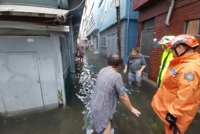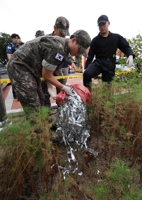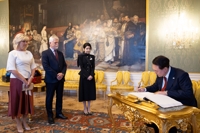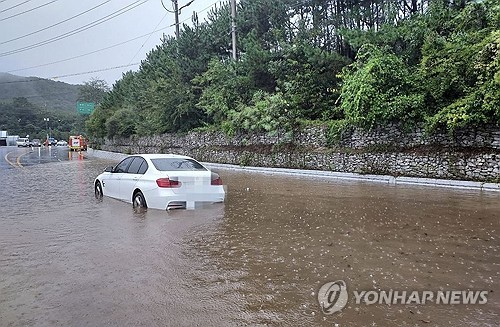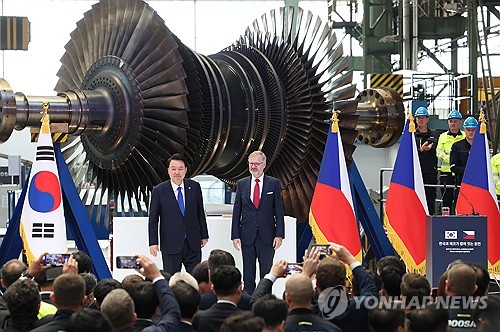(Yonhap Interview) S. Korea needs to lift green energy regulations: Climate Group head
By Kang Yoon-seung
SEOUL, May 21 (Yonhap) -- South Korea needs to lift regulations to accelerate its transition to renewable energy sources, enabling the sector to compete on a level playing field with traditional fossil fuels, the head of a renewable energy advocacy group said Tuesday.
"The technology is moving very fast. And somehow regulation has to keep up," Helen Clarkson, who heads the London-based Climate Group, said in an interview with Yonhap News Agency, noting that South Korea should seek to "level the playing field" with the fossil fuel sector.
Clarkson was visiting South Korea to take part in the Asia Renewables Growth Forum 2024 to promote the RE100, a global initiative aimed at shifting to 100 percent renewable power to tackle climate change.
For example, she noted that solar panels are more widely used in Britain compared with Asia's No. 4 economy, including on rooftops or parking lots, even though South Korea receives more sunshine.
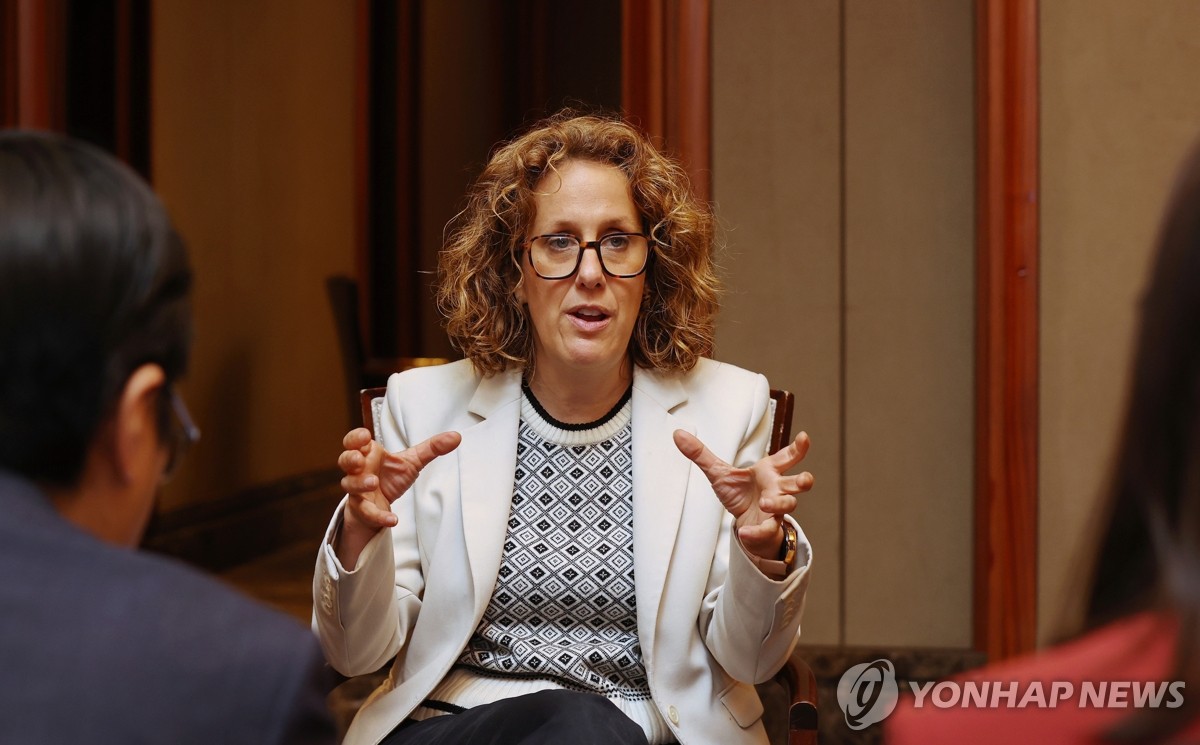
Helen Clarkson, who heads the London-based Climate Group, speaks during an interview with Yonhap News Agency in Seoul on May 21, 2024. (Yonhap)
"So what is the barrier to Korea doing that? It's actually regulations. So there's a lot of regulations, and over half of Korean districts have a regulation that says you can't put solar on domestic settings or near roads," Clarkson said.
"We know how markets work, supply and demand. So it's just getting those market dynamics moving," she added. "I think it's what slowing things down maybe a bit in Korea is picking one problem with renewable energy and focusing on that, and we need to kind of take a step back and understand the whole energy."
Touching on nuclear energy, Clarkson mentioned that the Climate Group is not advocating for shutting down nuclear plants and acknowledges that the sector will continue to play a global role.
However, the official emphasized that countries need to recognize that nuclear energy is "not an easy solution to the carbon problem."
"There's other technologies which are much easier to deploy, you can get them out there now," she said. "And essentially what you need to do is to minimize the amount of nuclear that you might need in the future by deploying all the technologies."
"It's really understanding the energy mix. It's about understanding energy demand and how the system needs to operate, and then getting as much carbon reduction done as quickly," Clarkson added.
Clarkson noted that addressing climate change is an issue that needs to be addressed jointly by advanced and developing countries.
"I think part of the issue we get into and we talked about, politicizing climate, is an idea that this is a choice, that we have to deal with it. We don't have a choice, we're not going fast enough already," she added.
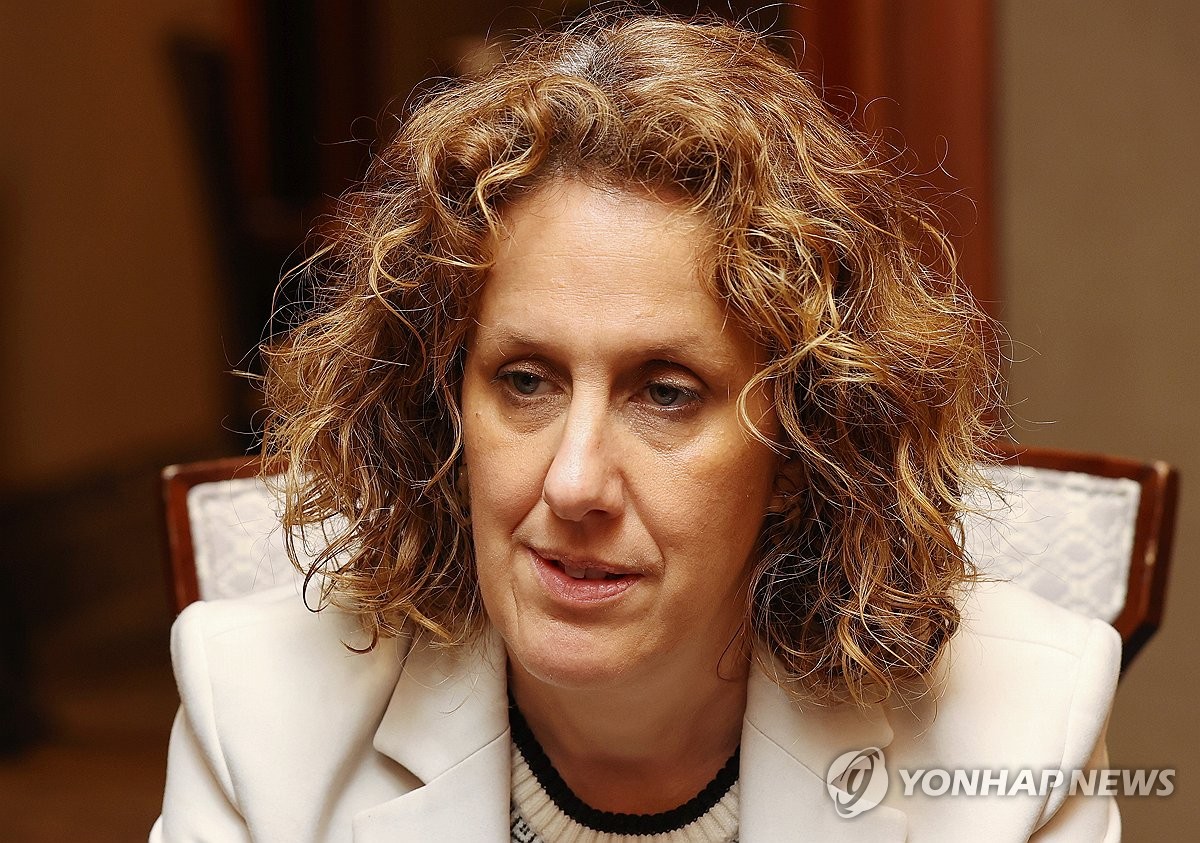
Helen Clarkson, who heads the London-based Climate Group, speaks during an interview with Yonhap News Agency in Seoul on May 21, 2024. (Yonhap)
colin@yna.co.kr
(END)
-
 N. Korea apparently modifying Russian plane to possibly build airborne warning aircraft
N. Korea apparently modifying Russian plane to possibly build airborne warning aircraft -
 Kim Woo-bin brings hidden heroes to light in Netflix's 'Officer Black Belt'
Kim Woo-bin brings hidden heroes to light in Netflix's 'Officer Black Belt' -
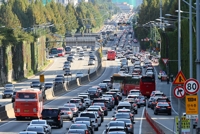 (LEAD) Homebound traffic remains heaviest on 2nd day of Chuseok holiday
(LEAD) Homebound traffic remains heaviest on 2nd day of Chuseok holiday -
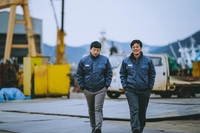 (Movie Review) 'Work to Do': anguish of a worker tasked with enforcing layoffs
(Movie Review) 'Work to Do': anguish of a worker tasked with enforcing layoffs -
 3 Korean series break into Netflix's non-English top 10 in 1st half
3 Korean series break into Netflix's non-English top 10 in 1st half
-
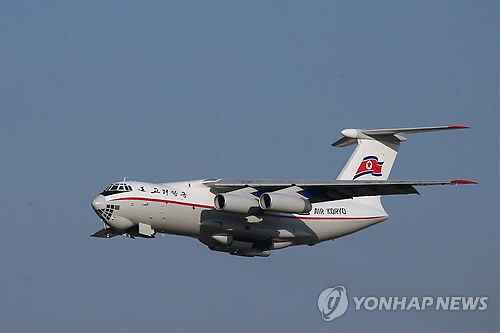 N. Korea apparently modifying Russian plane to possibly build airborne warning aircraft
N. Korea apparently modifying Russian plane to possibly build airborne warning aircraft -
 Kim Woo-bin brings hidden heroes to light in Netflix's 'Officer Black Belt'
Kim Woo-bin brings hidden heroes to light in Netflix's 'Officer Black Belt' -
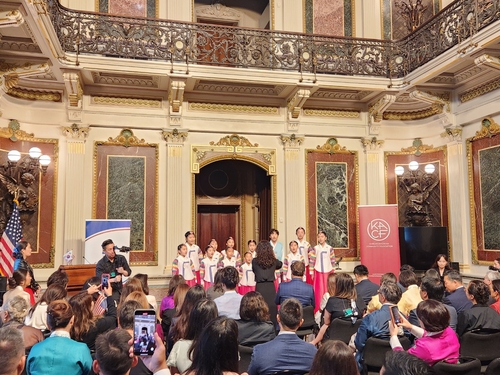 (2nd LD) Biden, Harris offer congratulatory messages at first-ever White House Chuseok reception
(2nd LD) Biden, Harris offer congratulatory messages at first-ever White House Chuseok reception -
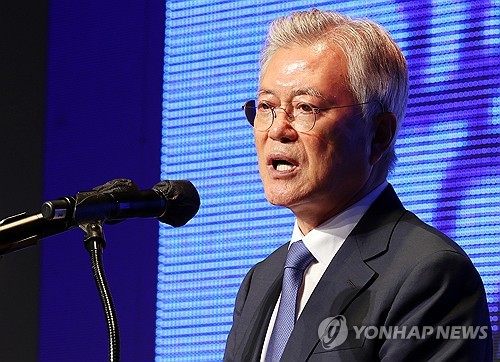 Ex-President Moon accuses Yoon gov't of creating 'most dangerous' state since Korean War
Ex-President Moon accuses Yoon gov't of creating 'most dangerous' state since Korean War -
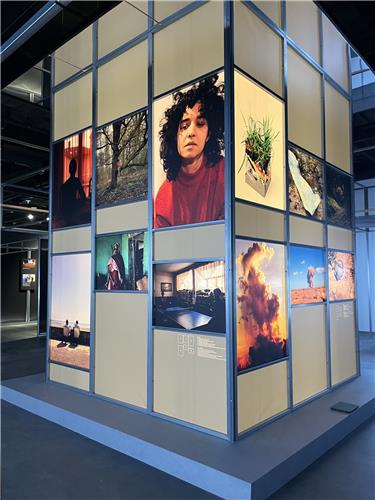 ICRC exhibition questions role of technology in future warfare
ICRC exhibition questions role of technology in future warfare
-
 3 Korean series break into Netflix's non-English top 10 in 1st half
3 Korean series break into Netflix's non-English top 10 in 1st half -
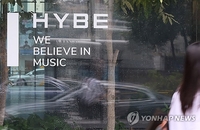 Hybe acquires U.S. PR agency
Hybe acquires U.S. PR agency -
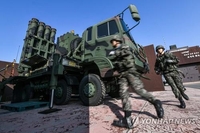 LIG Nex1 wins 3.7 tln-won deal to export missile defense system Cheongung-II to Iraq
LIG Nex1 wins 3.7 tln-won deal to export missile defense system Cheongung-II to Iraq -
 N.K. trash balloon lands inside Seoul gov't complex
N.K. trash balloon lands inside Seoul gov't complex -
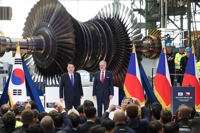 (LEAD) S. Korea, Czech Republic agree to team up for full cycle of nuclear energy industry
(LEAD) S. Korea, Czech Republic agree to team up for full cycle of nuclear energy industry

